About Us
“We combine creative minds from CERN and non-profit organisations in interdisciplinary teams to work on humanitarian technology related benefits to society.”
✔ Unite Innovators
Interdisciplinary teams of handpicked individuals chosen for their field-leading expertise and innovative minds combine humanitarian questions with state- of-the-art science, cutting-edge technology and endless fantasy.
✔ Improve the Future
The fusion of today’s real life problems analysis and a vision of scientific evolution of the next decades forces us to develop concepts and solutions for the future – hungry to use our expertise in challenges in new fields.
✔ Act Today
Why not? There are no excuses – there is no better place than here – no better time than now – nobody more creative than you. If you just want to!
Hackathon Events
THE Port Association organises in-person and online events together with CERN IdeaSquare and partners from non-governmental organisations. The event is conducted as a hackathon, where teams tackle humanitarian challenges. Interdisciplinary teams of hand-selected innovators work together on topics such as infrastructure, health, communication, and education.
Event Location
The event is held at CERN in Geneva, Switzerland. Participants have 24h access to the IdeaSquare lab situated next to the ATLAS experiment building. The final presentation is held from the the Globe of Science and Innovation.
Event Structure
If you successfully pass the application, you will be informed about your team members and your challenge 6 weeks ahead of the final event. In this preparation phase your team will be supported to organize video conferences to get to know each other. A collaborative workspace will allow you to jointly collect and communicate ideas, develop specifications, share inspirational pictures and videos, compose lists of needed materials and tools, discuss your strategy and co-edit concept papers, source code and presentations.
Your team coach and a pool of Experts On-Call will be available to help finding organisational and technical solutions. The day before the hackathon you will have the chance to visit experiments at CERN and meet our team in their usual work environment.
During the hackathon you will only have a few scheduled events. After a short welcome and introduction part you will introduce yourself (now in-person) to your team in a 3 minute pitch. In the evening of the first day your team will pitch your project to the other teams in 5 minutes. A midterm review on the second day will allow you to collect external feedback on your findings. A joint work breakfast on the 3rd day will give you the chance to glance into the challenges of the other teams.
Your results you will present and demonstrate in a 7 minute pitch to a broad audience at the cocktail reception in the evening. The after party will give you more space and time for discussion, review and networking. A one page summary of each teams results will be published together with all produced hardware, source code and documentation.
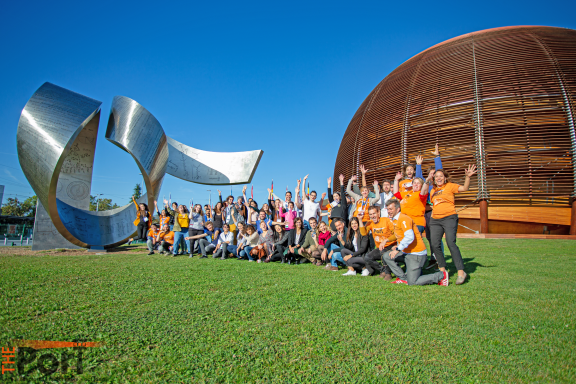
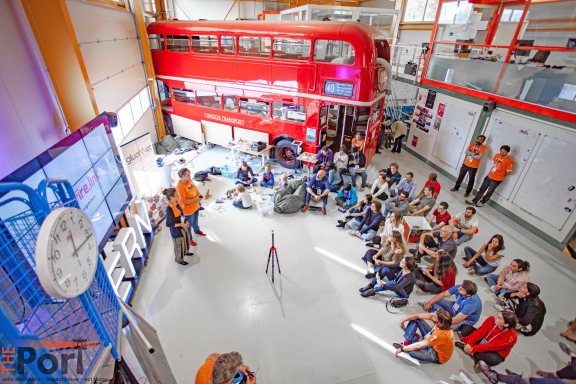
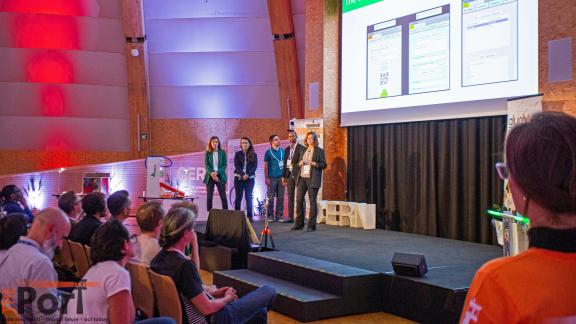
Event Participation
Registration will open three months before the event. The application is online via a registration form.
A board comprising of members from THE Port Association, CERN, and partnering organizations, will perform the selection of interdisciplinary teams. The board will assign each team a challenge.
Approximately one month before the event, participants will be informed about their team members and their topic. Teams will be provided with video conference capabilities and online collaborative workspaces to collect pictures and videos, data, code or documentation.
Executive Committee
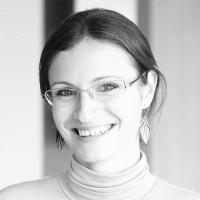
Agnes Jakab
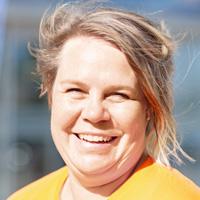
Ines Knäpper
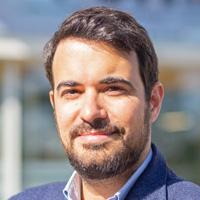
Karolos Potamianos
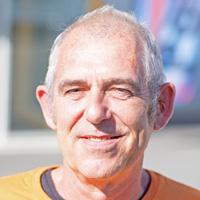
Saco Heijboer
Organising Team

Ben Krikler
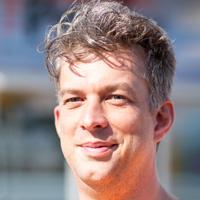
Daniel Dobos
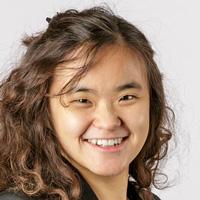
Kitty Liao
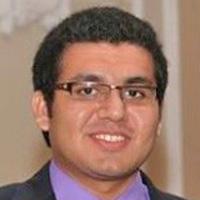
Mohammad Moosajee
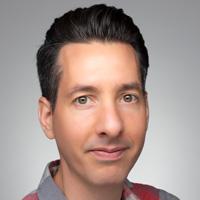
Nicolas Zanotti
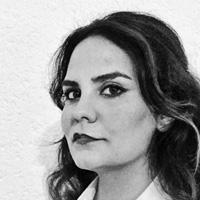
Sara Zahedinezhad
More People Who Wrote THE Port's Story
Arthur Ruxton

Arthur Ruxton is a Web Developer from London, UK. He dabbled in illustration, house-painting, garden-landscaping and bespoke conservational picture framing before enrolling at London Atelier of Representational Art. When Covid-19 cut short his studies at LARA he started coding. He graduated from the General Assembly Software Engineering Immersive Program in december 2021. Recently he's been making open source contributions to THE Port website with the aim of increasing user engagement.
Bertrand Michels
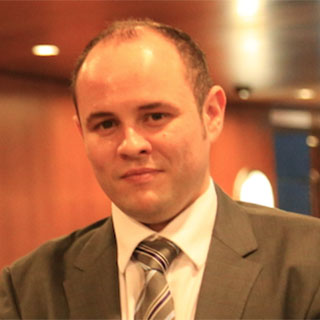
Business Developer
Bilge Demirköz
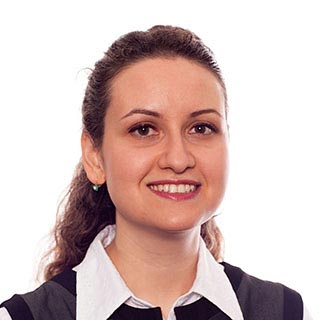
Associate Professor at METU working on the AMS-02 experiment.
Branislav Ristic
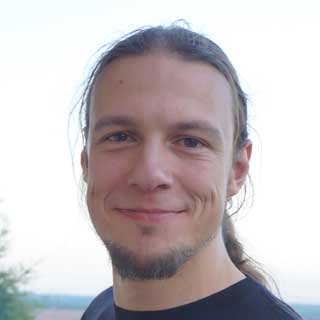
Doctoral student working on silicon sensor technologies for the ATLAS experiment.
Bruno Silva De Sousa
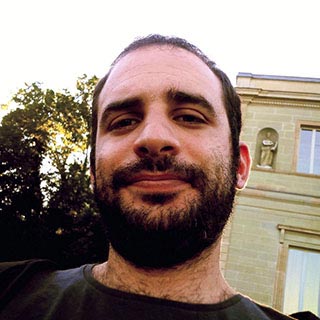
IT engineer, service manager at CERN.
Hans Baechle
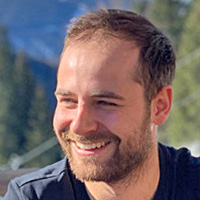
Hans is a Science and Technology Studies (STS) master's student at Maastricht University. During his bachelor's degree in Science-Media-Communication at Karlsruhe Institute of Technology, he spent 14 months at CERN as a junior communications officer. Hans helped to organise various hackathons of different formats and wrote his bachelor's thesis about online hackathons. He is interested in meditation, consciousness research, popular science literature, and he loves to explore the world with his camper van.
Hansdieter Schweiger
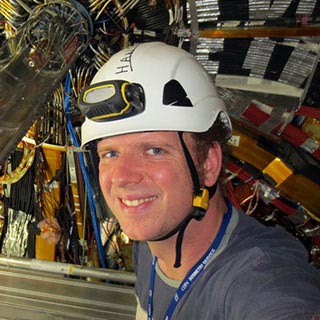
Mechanical Engineer working on Pixel detector and services upgrade for the ATLAS experiment.
James Jennings
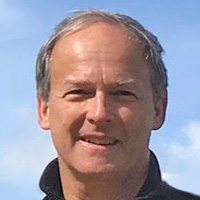
James is an entrepreneur, business consultant, and former executive with experience in coffee, renewable energy, health care, and other industries. This is his third hackathon with THE Port. He enjoys travel, cooking, skiing, hiking, rowing, and making maple syrup.
Jens Dopke

Physicist working on silicon detector construction, calibration and operation, big fan of electronics.
Joao Pequenao
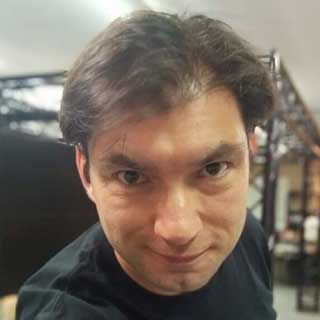
Chief Troublemaker at CERN Media Lab.
Josefina Espinosa
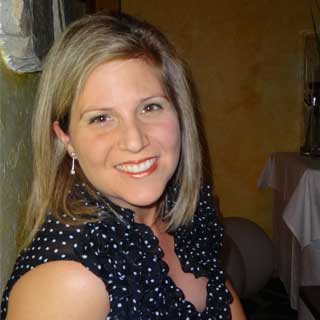
Sustainability Consultant and Founding Member of GreenBuzz Geneva. Bridging sustainability, business and education in innovative and collaborative initiatives.
Juliet Primo
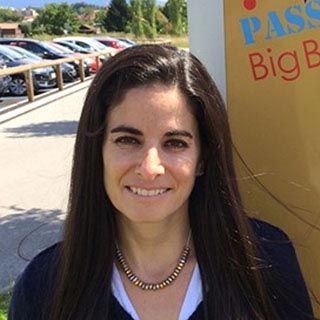
Project consultant, communication and outreach.
Karola Dette
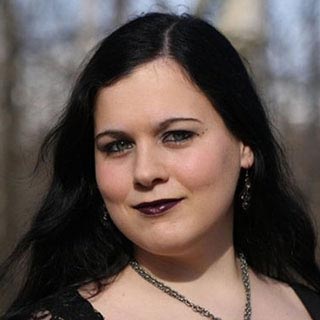
Doctoral student working on silicon sensor upgrade developments for the ATLAS experiment.
Leonardo Milano

Passionate about how innovation can help solving humanitarian challenges, in 2016 Leonardo joined the Internal Displacement Monitoring Centre (IDMC) to carry out cutting-edge research on displacement related to conflicts and natural disasters worldwide. Trained as a physicist, Leonardo worked as data analyst in two of the world leading research organizations: CERN, the European Organization for Nuclear Research and LBL, the Lawrence Berkeley National Laboratory. He holds a PhD in nuclear physics, is a native Italian speaker, fluent in English and French and has a working knowledge of Spanish.
Lorena Freitas
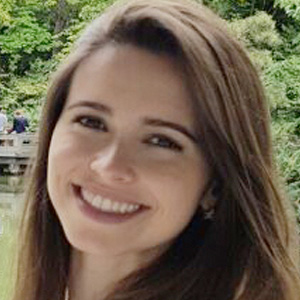
Lorena has lived and worked in several countries while pursuing her passion to bridge the gap between technology and healthcare. She is currently a final year PhD student at the École Polytechnique Fédérale de Lausanne (EPFL), in Switzerland, where she develops signal processing methods to investigate how altered brain activity in preterm-born children can be reestablished through simple, non-invasive interventions. In 2015, she worked as a research assistant collecting brain data from patients in operating theatres at a hospital in London, to understand the effects of anaesthetics on awareness levels during surgery. Earlier that year, she obtained her MSc in Neuroscience after working in Amsterdam and Berlin on ways to improve brain-computer interfaces. Lorena is keen on applying the interdisciplinary analytical skills that she’s learned during her studies to solve problems in the world outside of neuroscience.
Luisa Meneghetti
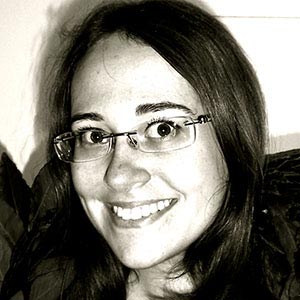
Luisa has been working for several organizations in the human rights field. Currently, she is researching on the cutting-edge topic of internal displacement caused by disasters for the Internal Displacement Monitoring Centre based in Geneva, Switzerland. On the side, Luisa has also been involved with the Swiss startup GovFaces as head of development and outreach. She is an essentialist and a promoter of successful change under the motto “less but better”, a value that she wishes to bring to THE Port hackathon too.
Michael Kagan

Expert in large-scale data analysis, pattern recognition, and ATLAS pixel detector quality assurance.
Michael Leyton

Monalisa Orofino
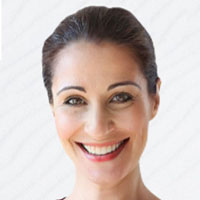
I am a Business Designer and a Digital Communication Strategist with experience in Design Thinking and Social Innovation. I am a natural creative problem-solver, with analytical curiosity for all that is new and out of my comfort zone. I love to help interesting people doing interesting things and I love to connect people and ideas to make things happen. I am half-Portuguese, half Italian, born in Germany and currently living in Milan. I feel comfortable working in multicultural teams where I can experience the magic of participatory creativity coming from diverse cultural perspectives. I have been involved in many hackathons, one of them is Versus Virus in 2020. In my spare time, I’m also a Meditation&Yoga teacher and a Shiatsu practitioner.
Naomi Kodama Fukumuro
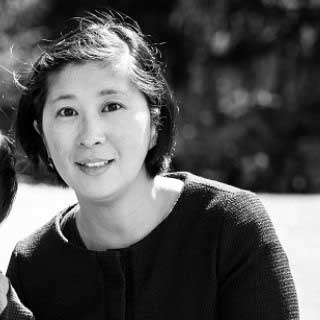
A scientist working on plants and small animals for climate change issues.
Paolo Gradassi
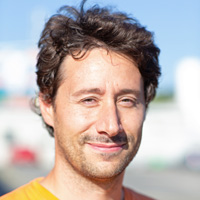
Distracted engineer interested in making the world a better place.
Patricia Montalvo
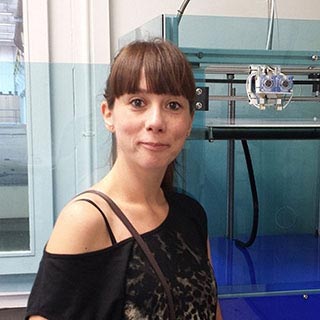
I work as administrative manager. I love the idea of improving the life of those less favoured by using technology.
Pierre Freyermuth

Authentic Proton-breeder, Electronic technician and Java developer.
Ruben Fernandez Morcillo

Mechanical technician with knowledge in rapid prototyping machinery. Currently working as safety officer.
Valerio Rossetti

Dr. Valerio Rossetti worked for 8 years on the ATLAS experiment at CERN, where he contributed to the search for the possible production of dark matter in particle collision data. After a year as quantitative consultant in EY, he co-founded the startup SamurAI, based in Geneva. He develops solutions using artificial intelligence, automations and data analysis, for a variety of industries. He also organises training programs for professionals who want to boost their quantitative skills.
Frequently Asked Questions
What is a hackathon?
Originally composed from ‘Hack’ and ‘Marathon’ this problem-solving workshops started for intensive collaborative work between software developers – more general, as in our case, it is often seen as limited time innovation focused collaborative effort.
What is the goal of these hackathons?
Intense conceptualisations of innovative humanitarian ideas with starting quantitative analysis and conceptual prototypes so that the best ideas survive and can be driven forward after the event.
How do you select participants?
To apply, candidates are requested to fill a online questionnaire and provide a CV. A selection team and THE Port Advisory Board propose candidates upon which the assembly of the interdisciplinary teams will be based.
How to I get to the event?
Due to Covid-19, the 2020 and 2021 events will be held online.
How does it work?
All you need is a laptop with internet connection. Participants are informed before the event about their challenge and team and are supported in the following weeks to prepare. The Hackathon will contain only few scheduled events: a short introduction phase, mid-term and final presentations.
Do I need to be a computer specialist?
No, other than the word hackathon implies, THE Port hackathons are not necessarily purely software related projects and could therefore be of all kinds of nature. Thus we create multidisciplinary teams to add as much variety on skills to the teams as possible.